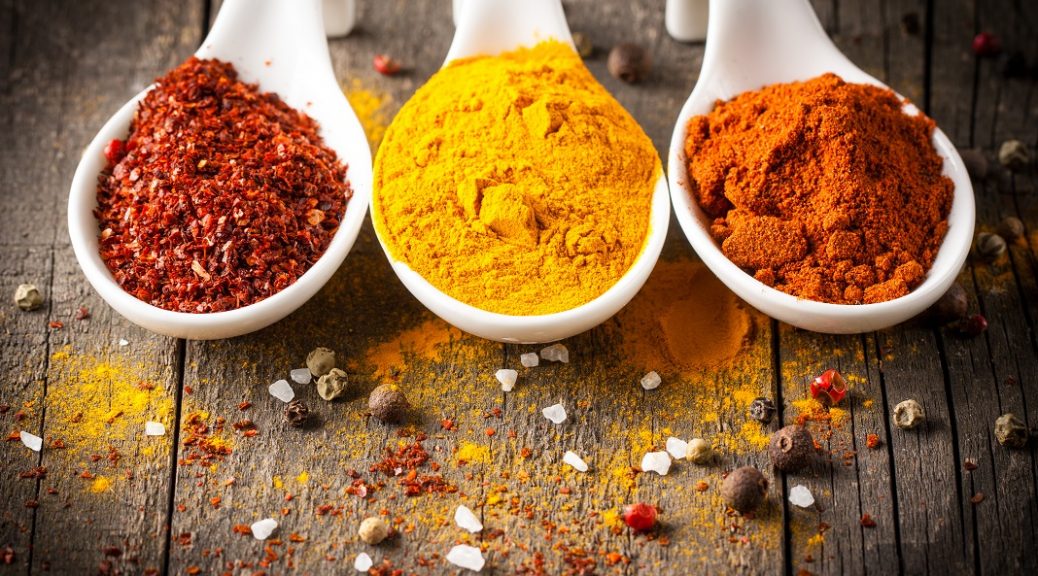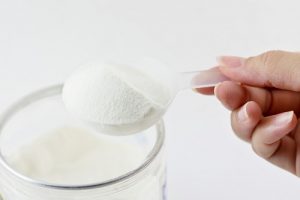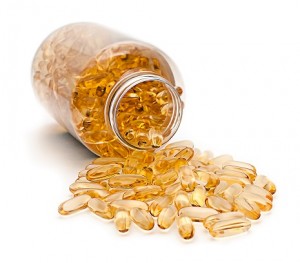
Inflammation Fight
We discover the supplements and foods which reduce inflammation…
Inflammation is the body’s attempt at self-protection; inflammation occurs to help remove harmful stimuli- including irritants, pathogens and damaged cells- and begin the healing process. It is simply part of the body’s immune response.
Nutritional therapist Claire Barnes, a technical advisor for Protexin, explains how inflammation can become problematic: “Inflammation is a normal and beneficial immune response, however due to imbalances in the body, especially through our diet, our bodies can become too inflamed, which can lead to chronic disease including heart disease and diabetes.”
Inflammation is at the root of most diseases, including some cancers, rheumatoid arthritis, atherosclerosis, periodontitis, and hay fever.
Best Supplements
Keith Allum, managing director of ArthroVite Ltd, recommends collagen supplements: “Collagen – the most  abundant protein in our bodies, found in every cell – directly addresses the underlying issues involved in joint and mobility problems, unlike NSAID (Non-Steroidal Anti-Inflammatory Drugs), which simply mask pain and provide no long term solution.
abundant protein in our bodies, found in every cell – directly addresses the underlying issues involved in joint and mobility problems, unlike NSAID (Non-Steroidal Anti-Inflammatory Drugs), which simply mask pain and provide no long term solution.
“It is worth noting that from the age of 25, collagen levels reduce by about 1.5% every year. Joints stiffen. By 45, collagen will reduce by up to 30%. Consequently, bone-on-bone contact, caused by the erosion of the cartilage ‘cushion’, can cause inflammation, discomfort and arthritic pain.
“Products like Collagen Plus are completely natural, with no side effects, and also contain other key supplements like glucosamine and chondroitin. They combine to keep connective tissue flexible, enabling our bones and cartilage to bear weight.”
Barnes recommends supplementing with omega-3 and probiotics to help reduce inflammation: “Omega-3 supplements, such as fish oils which contain both EPA and DHA, are  beneficial to reduce inflammation. The typical Western diet contains approximately 15 times more omega-6 fats to omega-3. Too much omega-6 in the body can lead to inflammation; the majority of these fats come from eating too much meat. We should be trying to achieve a ratio of 3:1 omega-6: omega-3 fats in our diet to maintain healthy inflammation in the body.
beneficial to reduce inflammation. The typical Western diet contains approximately 15 times more omega-6 fats to omega-3. Too much omega-6 in the body can lead to inflammation; the majority of these fats come from eating too much meat. We should be trying to achieve a ratio of 3:1 omega-6: omega-3 fats in our diet to maintain healthy inflammation in the body.
“Live bacteria products (probiotics) may help to maintain a healthy immune system. In many inflammatory diseases such as obesity and inflammatory bowel disease (IBD) an imbalance of good to bad bacteria in the gut has been shown.1 Taking a multi-strain probiotic could help to increase the numbers of good bacteria in the gut and help maintain a healthy immune response.”
Debbie Paddington, a nutritional therapist at Higher Nature, suggests trying devil’s claw supplements too: “Devil’s claw is native to Southern Africa and contains components called harpagosides in its roots. Researched published in an issue of Phytomedicine suggests that harpagosides inhibit two of the key inflammatory pathways in your body.”
Anti-inflammatory Foods
There are a number of foods, herbs and spices which has proved to be particularly beneficial for reducing inflammation.
Barnes recommends adding turmeric and ginger to your diet: “Spices such as turmeric and ginger are both great anti-inflammatory foods. Add them to soups and stews, as well as chai smoothies and spiced teas.” Other potent anti-inflammatory spices include cloves, cinnamon, allspice, nutmeg, cardamom and ginger. Helpful herbs to try are oregano, marjoram, sage, thyme, basil and rosemary.
Barnes also suggests increasing your intake of pineapple: “Pineapples contain bromelain which is known for its anti-inflammatory benefits. They also contain digestive enzymes to help break foods down so they are easier to absorb, helping you to gain more nutrients from the foods you’re eating. Add fresh pineapple into salads, smoothies and porridge for a tropical zingy flavour.”
Other inflammatory-fighting foods include green leafy vegetables, bok choy, celery, beetroot, broccoli, blueberries, chia seeds and flaxseeds.
Top Tips
• Ditch processed carbs: “A diet high in processed carbohydrates, such as bread, pasta and sugary snacks will all increase blood sugar levels, which will increase inflammation in the body,” explains Barnes, “try to consume more whole foods and fibre from vegetables, grains, pulses and legumes.”

• De-stress: “Continuous stress can lead to chronic inflammation in the body. Our emotional state will affect the balance of the rest of our body. Continuously feeling stressed, can lead to the digestive system shutting down leading to reduced absorption of nutrients, leaving us feeling lethargic and experiencing cravings for high sugary foods. Spend some time each day relaxing. Yoga, mindfulness or simply taking a stroll will all help to bring our stress levels down,” comments Barnes.
• Reduce intake of saturated & trans fatty acids: Saturated and trans fatty acids are found in processed foods, and these fats cause inflammation and increase the risk of obesity, heart disease and diabetes.
• Get active: A regular routine of physical activity can help prevent systemic inflammation from building up and/or returning.
• Watch your weight: “Carrying extra/excessive weight puts massive strain on joints. In many cases, a change in lifestyle – adopting a controlled and balanced diet, carefully monitoring and managing weight and introducing regular, moderate exercise – can bring about positive improvements in terms of overall mobility,” suggests Allum.